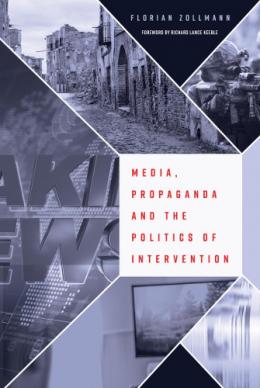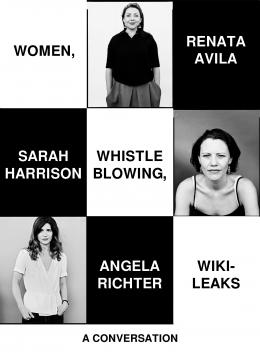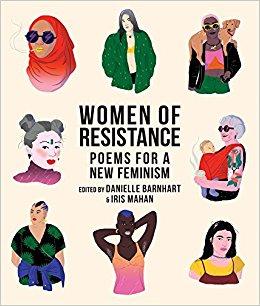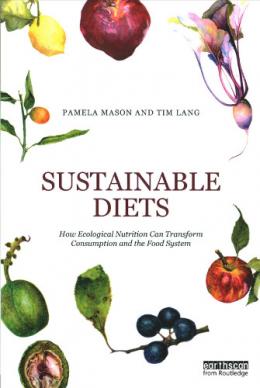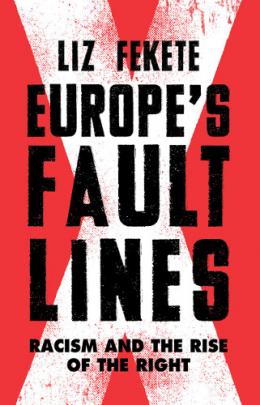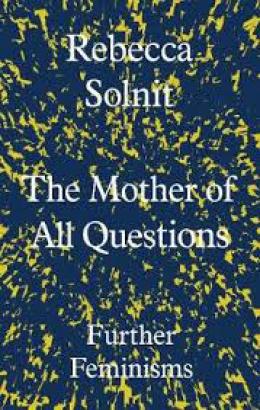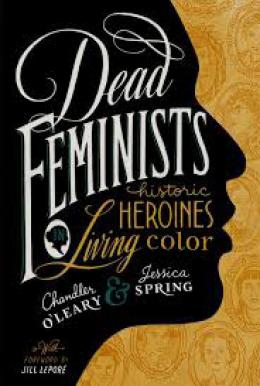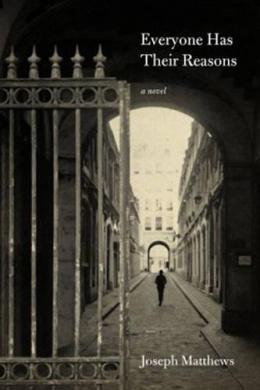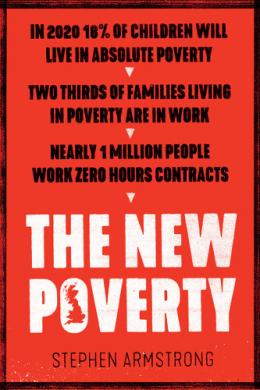‘The biggest immediate single problem we face… is mainstream media reporting’, British historian Mark Curtis recently argued in an Open Democracy interview about UK foreign policy.
Florian Zollmann’s deeply impressive first book – which expands on his PhD, supervised by Professor Richard Keeble – goes a long way in engaging with this long-running issue for peace activists.
‘The news media in liberal democracies operates as a propaganda system on behalf of state-corporate elite interests’, he argues, using Edward Herman…
Reviews
It’s not always a good sign when the most frequent comment one finds oneself scrawling in the margins of a book is ‘Really?’
Anyone who hasn’t been asleep for the last five-plus years will be aware that today’s digital technologies – first and foremost the internet itself – present wide-ranging challenges to some of our most cherished rights and institutions. Mass government surveillance of the internet threatens our privacy. Google has built an unassailable and unaccountable monopoly off the back of its users’ data. Meanwhile,…
Dolls at Dungeness September 11th 2001 © Grayson Perry / Courtesy of the artist and Victoria Miro, London / Photo Stephen Brayne 2001 Glazed ceramic
I wonder whether people who have been directly affected by the aftermath of 9/11 – in a way that most of those viewing this exhibition haven’t – would find parts of it baffling or even insulting
For example, if you had lived in Baghdad during the 2003 war against Iraq, what would you make of the ‘twin towers’ created by Jake and Dinos Chapman? Nein! Eleven?…
In one of the last poems in this book, entitled ‘To the woman on St. Nicholas Avenue whose thigh was a wilderness blooming’, Ellen Hagan celebrates a woman she saw who had tattoos of flowers and trees all up her leg. She speaks of how uplifting the sight of this ‘garden of a woman’ was, and the poem is infused with a sense of the bravery this random stranger had – to show the world how she wanted to look, and who she wanted to be. I felt like this poem summed up everything joyous and essential in this collection of ‘poems for a new feminism…
This book is a singular account of a community of action which didn’t just witness history, but was instrumental in changing it: Greenham Common Women’s Peace Camp. 25 years on, life experiences can be forgotten, so I am grateful to Howard and Moulin for collecting these reminiscences for posterity.
Like the film Pulp Fiction, this book begins at the end – with an action in 1993 where 16 women climbed into the grounds of Buckingham Palace to condemn nuclear testing in the Nevada desert. And, like Adrian Mole, the author…
Far from being simply a personal choice, our diet is deeply political.
As Dr Pamela Mason and professor Tim Lang explain, the spread of the standard Western diet has had devastating consequences for people and the planet. Worldwide, obesity has nearly doubled since 1980. Poor dietary patterns in rich nations have been the greatest contribution to non-communicable diseases such as diabetes and cardiovascular disease. ‘North America and Europe consume biological resources as though they inhabit multiple planets’, the authors note.…
This book grapples with the puzzling, and seemingly sudden, political trend that has seen much of mainstream European politics shift firmly into the right (and arguably further).
Fekete offers a multifaceted approach to understanding the rise of far-right politicians such as Marine Le Pen in France and outcomes such as Brexit – developments which have baffled the left – as well as the racism underlying these currents.
She rigorously argues that governments across the continent are complicit in a set of culture wars…
‘There are specific ways in which people are silenced,’ Rebecca Solnit writes in her latest collection of essays, ‘but there is also a culture that withers away the space in which women speak and makes it clear that men’s voices count for more than women’s.’
Solnit is the author of the widely shared essay ‘Men Explain Things to Me’, included in a 2014 collection of the same name (see PN 2574), and is often credited with inspiring the word ‘mansplaining’. In both collections, the silencing of women is an ongoing theme.…
Chandler O’Leary and Jessica Spring didn’t originally intend to call their book Dead Feminists. The title arose as a way to refer to their project in a slightly jokey way, ‘especially as many of the women we’ve profiled have themselves denied being feminists’. However, they wanted to reclaim and own the word ‘feminist’, and decided that the only way to do that was to use it to refer to every single one of the historic and world-changing women profiled in their book.
The book itself is beautifully set out: there are at…
A story of poverty and desperation and of crashing through a society with few safety nets, Everyone has their reasons is an education in the struggles in Europe in the 1930s. But it is most frightening because its narratives about ethnicity, migration and belonging are still so much alive today, and people at this very moment are experiencing the terror caused by borders.
This harrowing book told me things that I needed to know about Europe – and that we all need to know in order to understand the present. A fictional re…
This anti-war suspense novel is the debut full-length fiction work of activist and writer Virginia Moffatt, a regular contributor to Peace News for some years. It’s a tale of suspense and intrigue following the lives of three generations of women, from Edwardian times to the first Gulf War, each connected by marriage to the appropriately named Flint family, that lives at the equally apt Echo Hall in bleak north Shropshire. Each woman has to contend with the impact of the war on her family and her life choices – and a family…
‘By the age of fourteen months,’ George Monbiot writes ‘children begin to help each other, attempting to hand over objects another child cannot reach. By the time they are two, they start sharing some of the things they value. By the age of three, they start to protest against other people’s violations of moral norms.’
We are supremely social mammals, ‘blessed with an amazing capacity for kindness and care towards others’, and yet today ‘an epidemic of loneliness is sweeping the world’. Moreover, this loneliness is ‘just one…
Stephen Armstrong shows how consecutive governments have abandoned Britain’s most vulnerable citizens and overseen the gradual dismantling of a welfare state that once protected them. Importantly, Armstrong also tells the stories of those most affected.
Beginning with the 1942 Beveridge Report – the founding document of Britain’s welfare state – Armstrong outlines how, by adopting its recommendations, postwar governments were largely successful in eradicating what the report called the five ‘giants’ blocking the road of…
The concept of meritocracy – ‘a system structured around advancement of people who are selected on the basis of individual achievement’ – has been a powerful idea in post-war industrialised societies, especially in the more economically-unequal US and UK.
As with its close cousin ‘equality of opportunity’, meritocracy has ‘become the key means of cultural legitimation for contemporary capitalist culture’, endorsed by Margaret Thatcher, Tony Blair and now Theresa May. So argues Jo Littler, a sociologist at City, University of…
In October, I travelled to Burnley for the trial of Sam Walton and reverend Dan Woodhouse (see p1). Walking to the court past derelict industrial buildings and rows of empty shops and pubs, I couldn’t help think of the Women’s Peace Crusade meetings held here exactly 100 years ago.
According to this short book, Burnley was once called ‘the largest producer of woven cotton in the world’ but, by the First World War, its economy had slumped. Over 4,000 young men from Burnley were killed at the front, with over 100 dying in a single…


